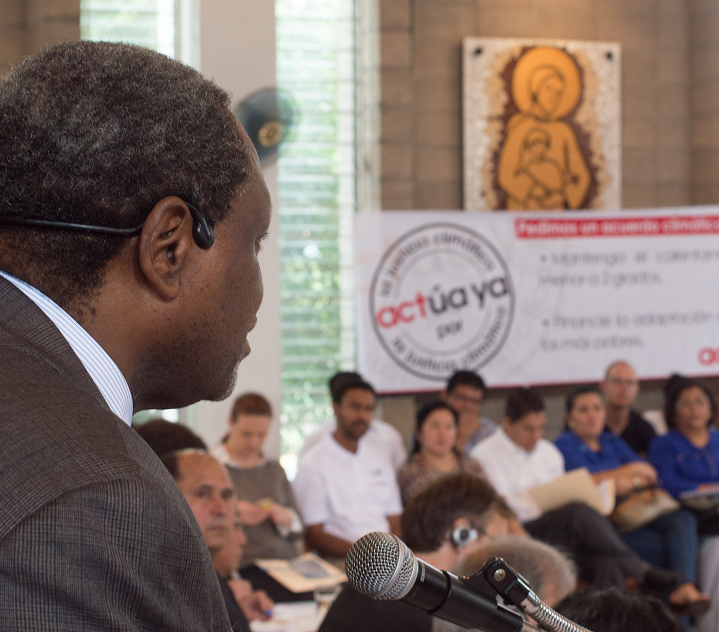A significant milestone was the launch of Phase 2 of the CHS Self-Assessment pilot project, led by the ACT Secretariat and funded by Kerk in Actie (KiA). This initiative engaged six national ACT members in Bangladesh, Jordan-Palestine, Madagascar, Romania, Syria-Lebanon, and Uganda, with technical support from the ACT Secretariat and CHS Alliance.
ACT Alliance sustained its collaboration with key partners, including Sphere, HQAI, CHS Alliance, Fabo, and SCHR, reinforcing its commitment to global standards. Additionally, Niall O’Rourke, Head of Humanitarian Affairs, continued representing ACT Alliance on the Sphere Board.

